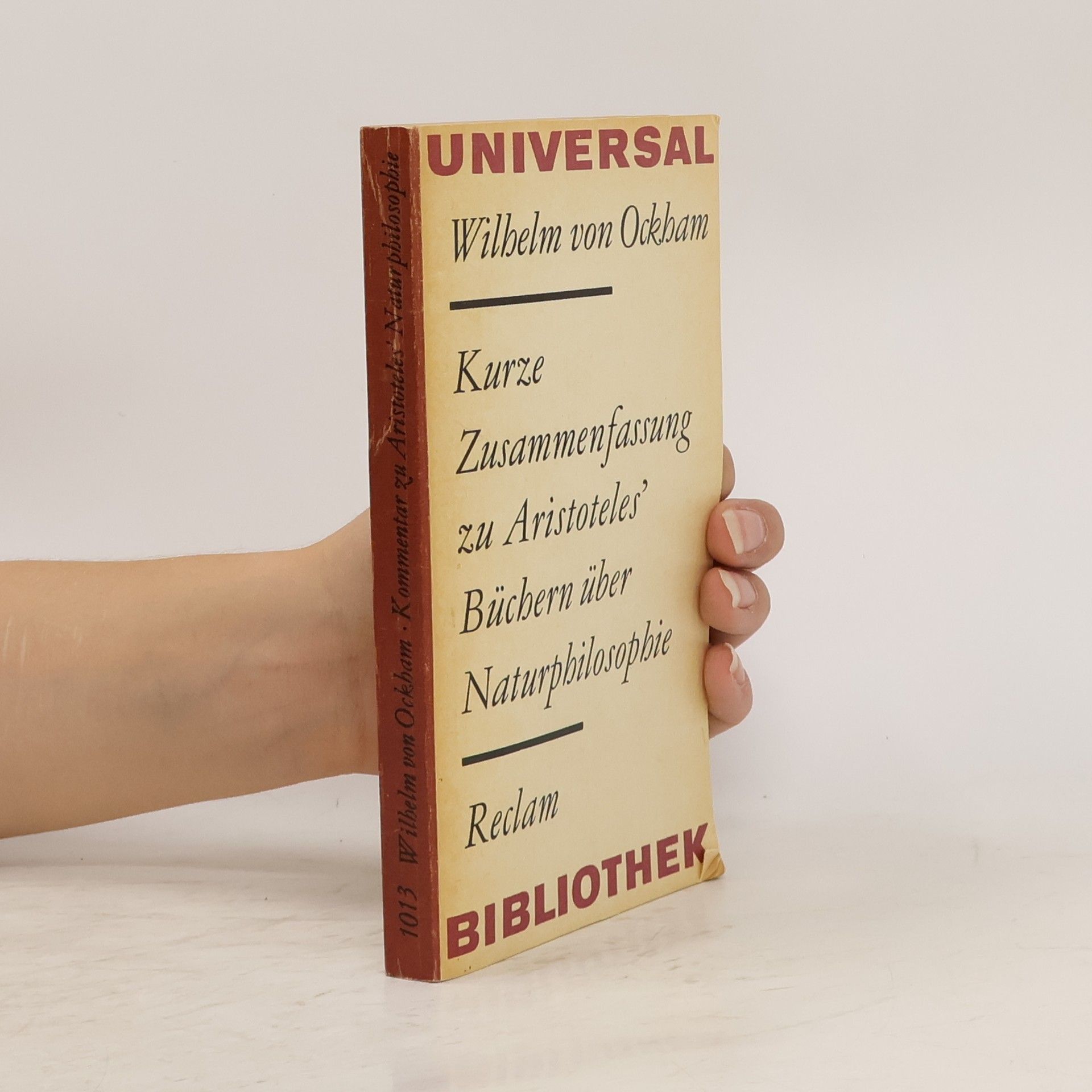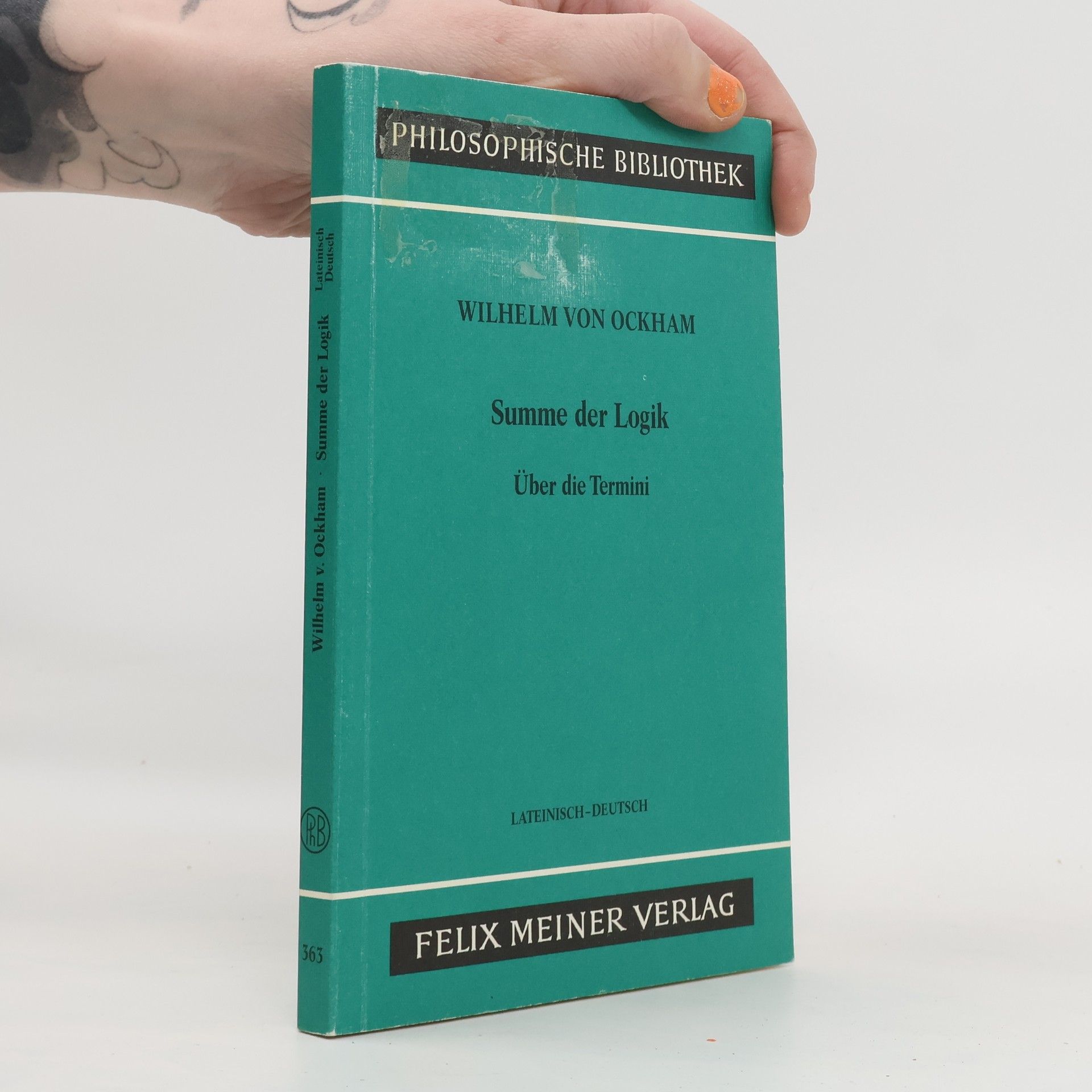William of Ockham Libri
1 gennaio 1285 – 9 aprile 1349
Guglielmo di Ockham fu un frate francescano e filosofo scolastico inglese, considerato una figura di spicco del pensiero medievale. La sua vasta opera si estese alla logica, alla fisica e alla teologia. Sebbene sia universalmente noto per il principio metodologico che porta il suo nome, il Rasoio di Ockham, fu anche al centro delle principali controversie intellettuali e politiche del XIV secolo.



De iuribus Romani imperii. III.2 Dialogus. Das Recht von Kaiser und Reich, III.2 Dialogus
Lateinisch – Deutsch. Übersetzt und eingeleitet von Jürgen Miethke
Ockhams dritter Teil des Dialogus beleuchtet seine politische Theorie, insbesondere den Konflikt zwischen Kirche und Staat. Er untersucht zuverlässige Orientierungen für politisches Handeln und entwickelt eine differenzierte Anwendung naturrechtlicher Normen.